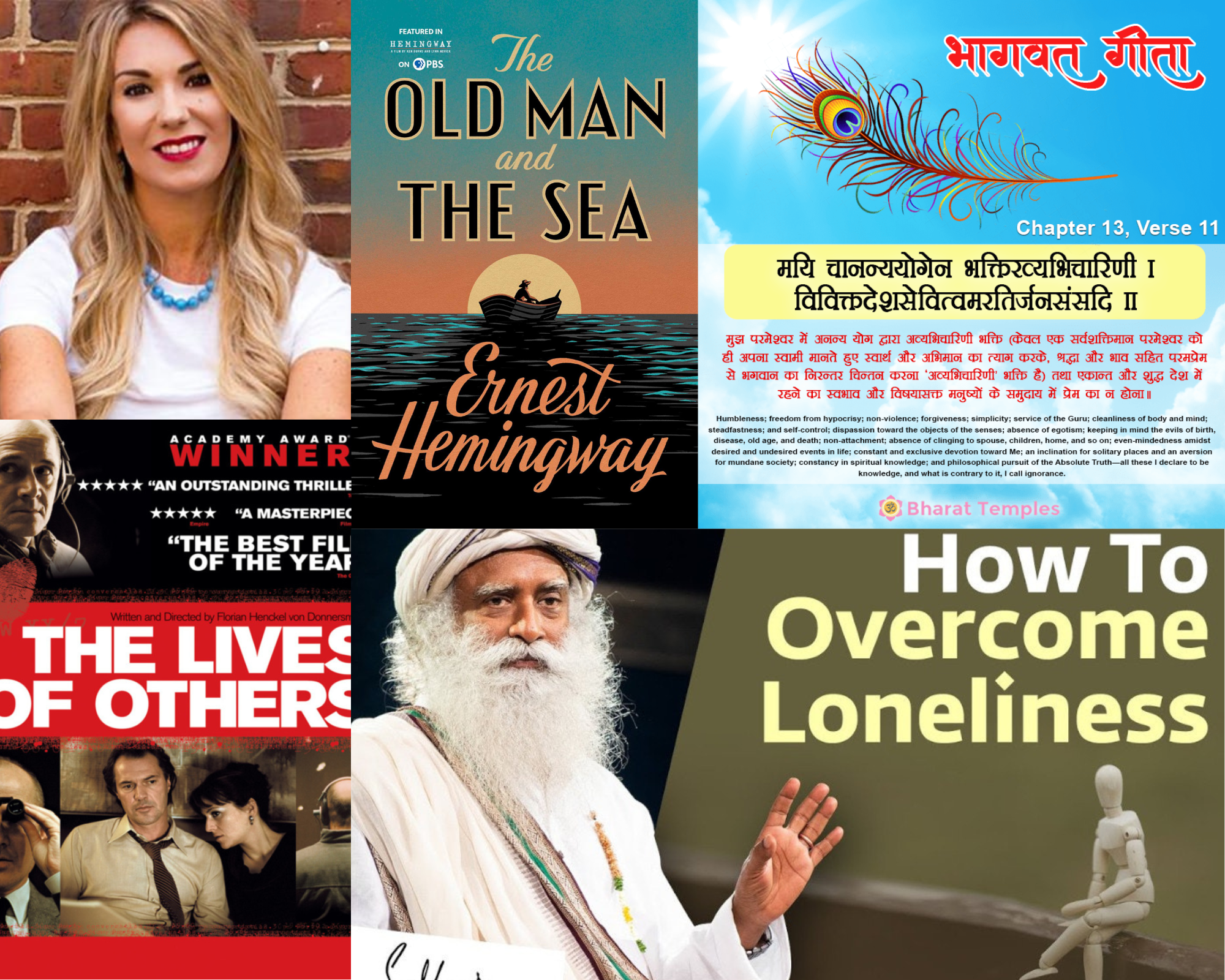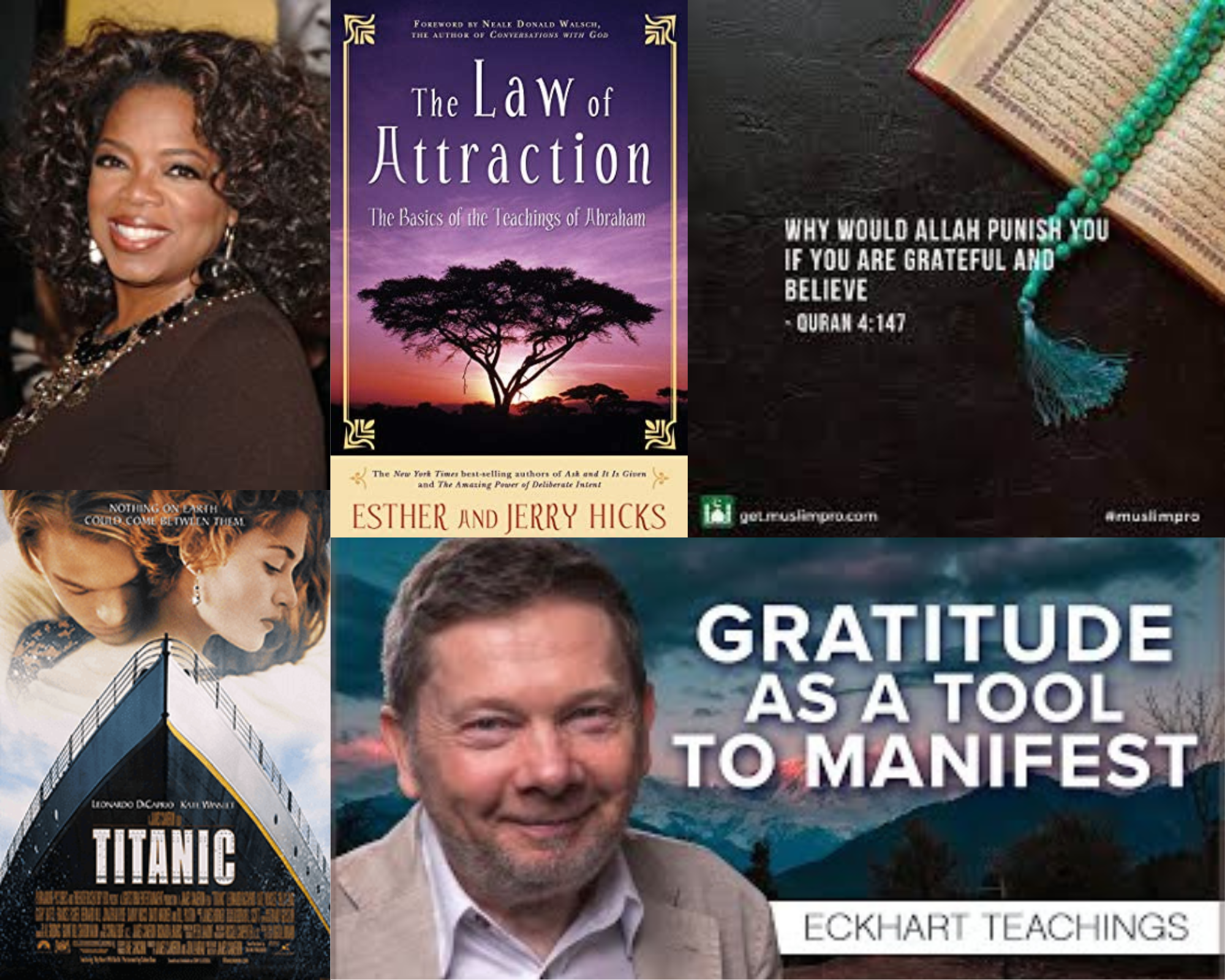Sunday Supplement #81 (November 27th, 2022)
Below is another Sunday Supplement with a quote worth sharing, a book worth reading, a movie worth watching, brainfood worth consuming, and a spiritual passage worth pondering.
I hope you take something away from these recommendations that enriches your week ahead!
Quote of the Week:
“Don’t pray when it rains if you don’t pray when the sun shines.”
– Leroy Satchel Page
Book of the Week:
The Brief Wondrous Life of Oscar Wao – Junot Díaz
Junot Díaz’s The Brief Wondrous Life of Oscar Wao follows a teen living in New Jersey who is a nerd and wants to be the next J.R.R. Tolkien.
The book delves into the history of Oscar’s family and the curse that has haunted them for generations. It jumps between Oscar’s life in New Jersey and his family’s roots in the Dominican Republic, where he was raised.
The Brief Wondrous Life of Oscar Wao received critical praise and won the Pulitzer Prize for Fiction in 2008.
Díaz’s book has a fantastic mix of generational family drama, magical realism, humor, and perseverance in the face of tremendous obstacles.
Let me know if you check it out and if you enjoyed the read!
Movie of the Week:
Oscar-nominated Taylor Sheridan wrote many great scripts, including Sicario and Hell or High Water, and is the creator of Yellowstone. He wrote and directed Wind River.
Wind River follows a veteran hunter who helps an FBI agent investigate the murder of a woman on a Native American reservation in Wyoming.
Sheridan gives an interview with Rolling Stone where he discusses his reluctance to let someone else direct his script because of his relationships with reservation communities.
Sheridan’s Wind River was able to explore topics about life on reservations and give attention to missing and murdered Indigenous Women without coming off as fake or “Social Justice Warrior-y.”
Wind River is a well-done Crime-Drama with much depth in the story and the characters. It’s well worth checking out.
Brainfood of the Week:
An Experiment in Gratitude | The Science of Happiness | Participant
Participant has produced over 100 feature and documentary films and episodic series that collectively have earned 82 Academy Award nominations and 21 wins.
This video starts with the host quoting how psychologists have scientifically proven that one of the greatest contributing factors to overall happiness is how much gratitude you show.
The series did an experiment based on the findings of these psychologists. They gathered volunteers and asked them to think of somebody influential in their lives and write down why the person was so important.
Afterward, they had them call that person. The series gave tests before and after the experiment around happiness disguised so the participants wouldn’t know what the test was about.
Check out the video and see the results! It’s a fun video and worth exploring more of the channel.
Closing Spiritual Passage:
“When you arise in the morning, give thanks for the food and the joy of living. If you see no reason for giving thanks, the fault lies only in yourself.”
– Tecumseh, Shawnee Nation Proverb
This quote from Tecumseh reminds me to maintain a perspective of gratitude and that there is always something to be grateful for.
I think this mentality can be extremely difficult to have when you’re at your lowest, but accepting the situation and looking for positive holds can help bear tough times.
Whether asking and receiving help from someone or looking for what’s in your control, you can often find something worthy of giving thanks.
This proverb also connected with Leroy Satchel Page’s quote for me. I’ve expressed in Sunday Supplement #6 how I think prayer is often asking for help or giving thanks.
Ask for help when you need it, but always try to find the things to be grateful for. And have a blessed week ahead!
4 Comments



